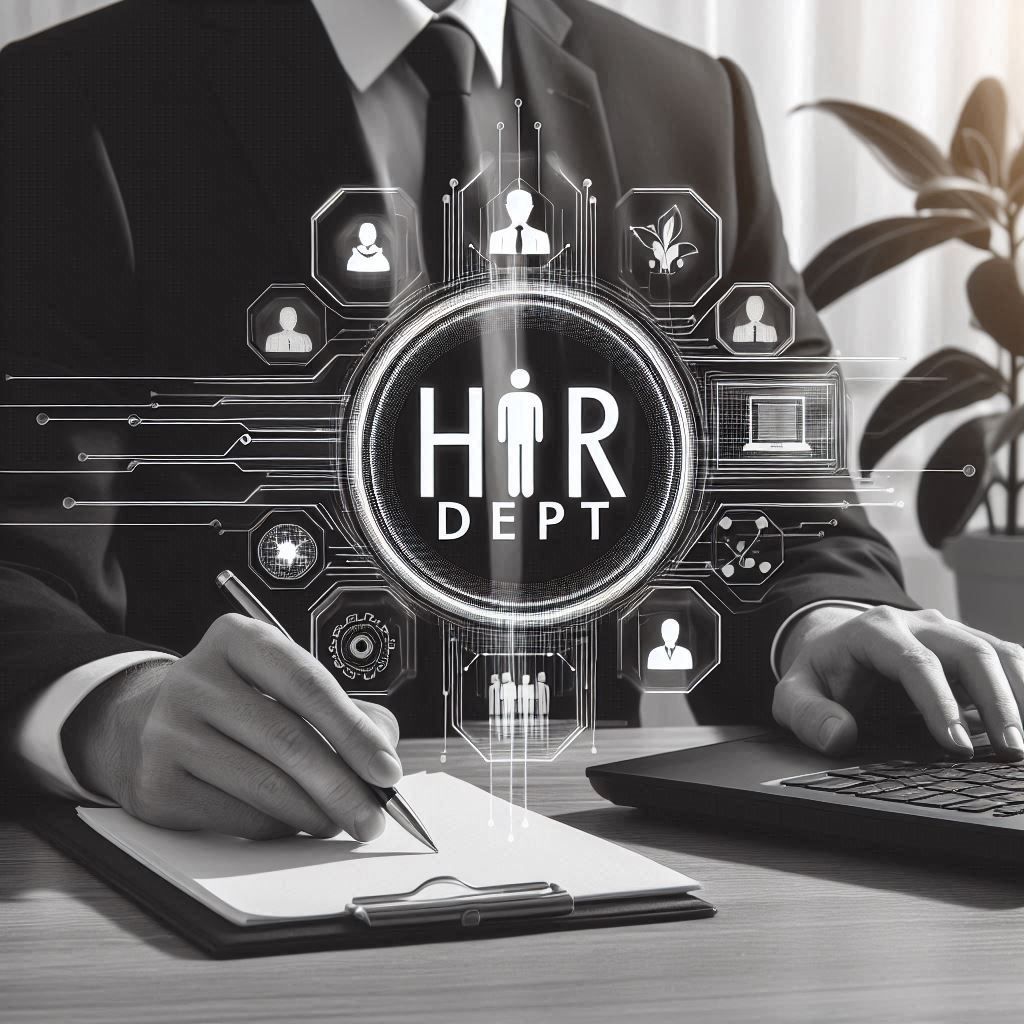
Read More: The Harsh Truths About The HRBP Role – Do You Have What It Takes?
HRDept - All your efforts deserve to be rewarded
In 2025, the amended Employment Law will officially take effect, marking a significant turning point in Vietnam's labor policy. This change not only impacts workers but also places new demands on businesses, especially the Human Resources (HR) department. Let’s explore with HRDept the key points HR teams need to understand to proactively adapt and ensure sustainable growth!
1. Key Changes In The Amended Employment Law 2025
1.1. Expanding Unemployment Insurance (UI) Coverage
According to the draft amendment, starting from 2025, not only formal employees with labor contracts but also seasonal workers (with contracts of one month or more) will be required to participate in Unemployment Insurance (UI).
✅ Real-World Statistics:
According to the General Statistics Office, in 2023, Vietnam had about 7 million seasonal workers, accounting for 12% of the national workforce.
Expanding UI coverage is expected to increase the UI fund by approximately 15-20% annually, providing better protection for workers in case of job loss.
“Unemployment insurance is not just a benefit; it’s a necessary safety net in an ever-changing labor market.” — HRDept
1.2. Changes In Unemployment Benefit Calculations
The amended Employment Law will adjust how unemployment benefits (UIB) are calculated:
The benefit period will no longer be fixed based on the number of months of UI contributions but will depend on labor market conditions and actual job demand.
To encourage workers to return to the labor market quickly, the maximum UIB period will be reduced from 12 months to 9 months.
✅ Comparison Table:
| Content | Before 2025 | From 2025 Onwards |
|---|---|---|
| Maximum UIB Period | Up to 12 months | Up to 9 months |
| Benefit Calculation | 60% of the average salary over 6 months | Flexible based on labor market conditions |
| Objective | Long-term income protection | Promoting quick labor market reintegration |
“The goal is not to keep workers on long-term benefits, but to provide sustainable job opportunities.” — HRDept
2. Impact On Businesses And HR Departments
2.1. Recruitment And Training Costs
Expanding UI coverage means increased insurance contribution costs for businesses, especially those in labor-intensive industries such as manufacturing, construction, and retail services.
✅ Business Reality:
According to a 2024 Navigos survey, 65% of businesses stated that their HR costs would increase by at least 8% once the new Employment Law takes effect.
“Investing in people is always the most sustainable investment.” — HRDept
2.2. Flexible Labor Contract Management
The amended law also tightens the use of seasonal labor contracts, limiting continuous renewals to avoid evading social insurance and UI obligations.
✅ Solutions From HRDept:
Supporting businesses in building sustainable recruitment roadmaps, optimizing seasonal labor management while ensuring legal compliance.
Creating flexible HR policies: a blend of long-term and short-term labor strategies to optimize costs and maintain a stable workforce.
“Flexibility in workforce management is the key to helping businesses navigate market fluctuations.” — HRDept
3. What Should HR Do Right Now?
3.1. Update And Communicate Internally
HR must proactively update all key points of the amended Employment Law and organize internal communication initiatives:
Create detailed guides about policy changes.
Hold training sessions to answer employees' questions and concerns.
✅ Effective Practice:
According to a VietnamWorks report, companies with strong internal communication on insurance rights saw a 10-15% annual increase in employee retention.
“Understanding the law and knowing your rights is the first step to building a strong company culture.” — HRDept
3.2. Review And Adjust HR Policies
To avoid being reactive to the changes, HR should:
Review all labor contracts to ensure compliance with the new law.
Develop additional welfare policies to support employees financially beyond unemployment benefits.
✅ Practical Strategy:
Many companies have begun implementing health insurance packages and parallel vocational training programs to increase employees' job opportunities.
“A sustainable business is one where employees are not just working but are also well-prepared for their future.” — HRDept
4. Conclusion: Take Action Now To Stay Ahead
The amended Employment Law 2025 offers an opportunity for businesses and HR teams to restructure their labor management strategies towards sustainability and humanity.
✅ Summary Of What HR Should Do Now:
Continuously update on the latest legal regulations.
Proactively communicate internally to help employees understand their rights and responsibilities.
Build additional welfare policies to support employees’ long-term financial security.
Optimize recruitment and training processes, preparing a stable workforce ahead of market changes.
“The best preparation for the future is to act now.” — HRDept
👉 Let HRDept accompany your business in updating policies, building sustainable HR strategies, and creating an ideal working environment!
✨ HRDept - Connecting Opportunities, Creating Real Value!